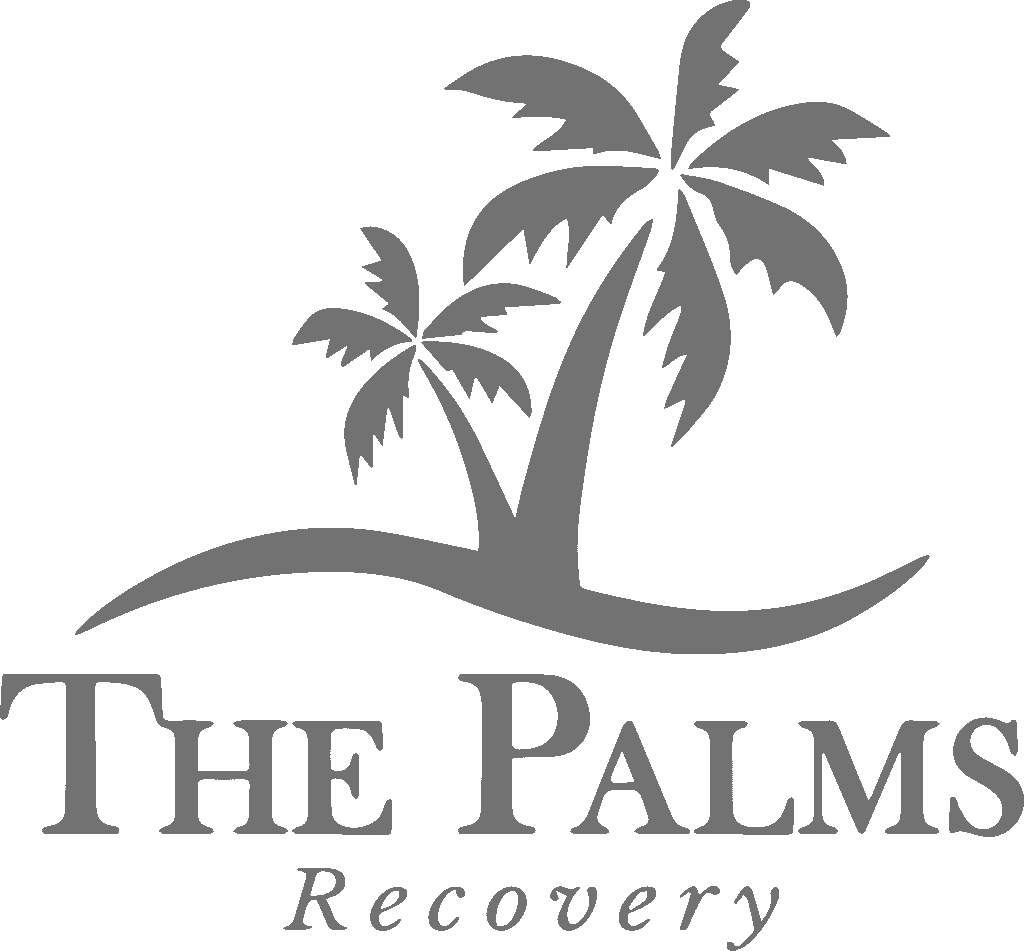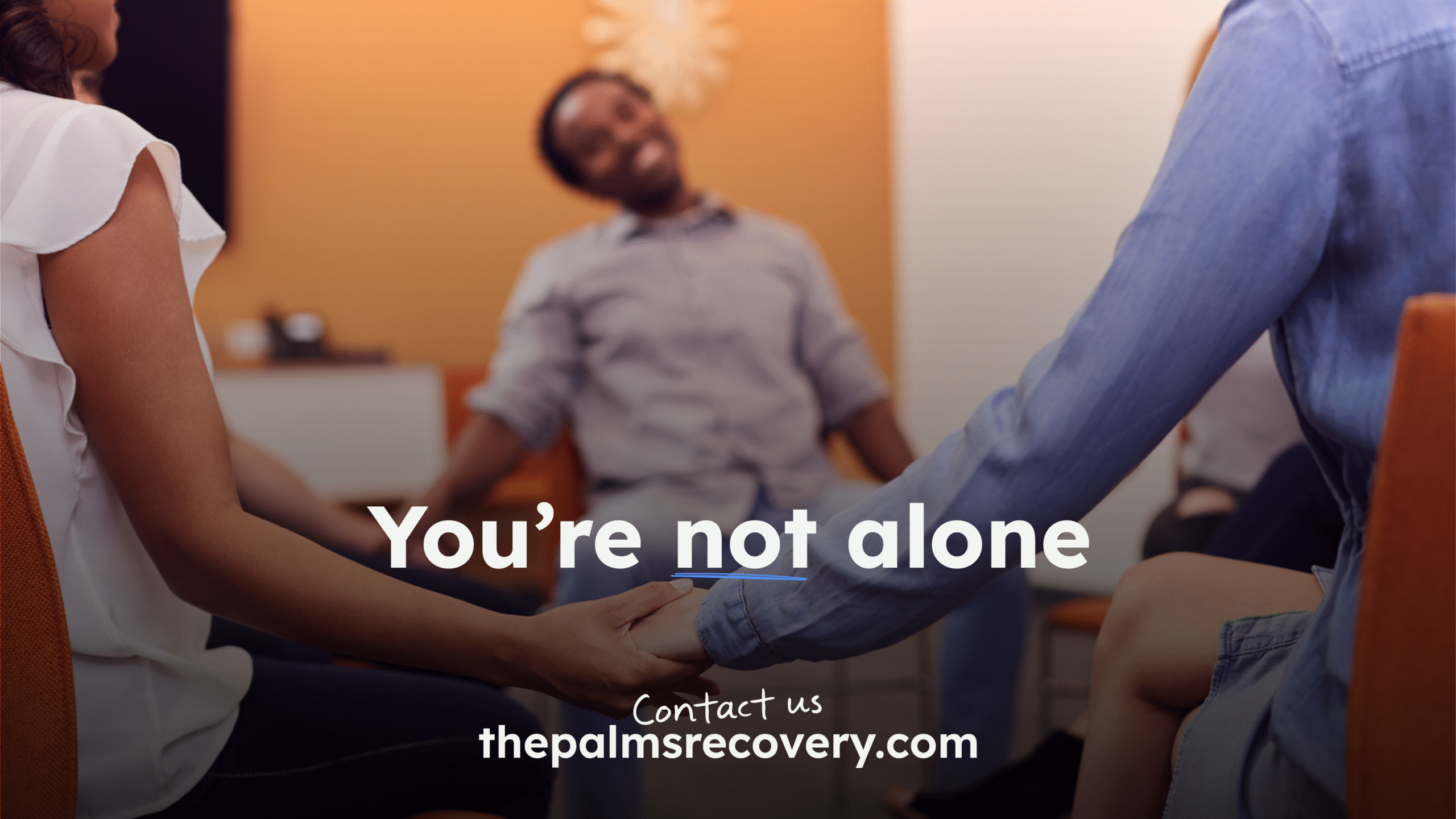Reclaim Your Life: Discover the Power of an Intensive Outpatient Program (IOP)
Life’s challenges can sometimes feel overwhelming, significantly impacting your mental well-being or leading to struggles with substance use. If you’re seeking robust, structured support that allows you to heal while maintaining your daily life, an Intensive Outpatient Program (IOP) offers a transformative path forward.
Our comprehensive approach provides the tools, strategies, and support necessary to build resilience, develop healthy coping mechanisms, and reclaim control over your life.
How does the Intensive Outpatient Program work?
Our IOP program includes group and individual therapy sessions totaling at least 9 hours per week. Sessions are offered during the day and evening to accommodate work, school, and family responsibilities. The program typically lasts four to six weeks, giving clients the structure they need while maintaining flexibility in their daily life.






